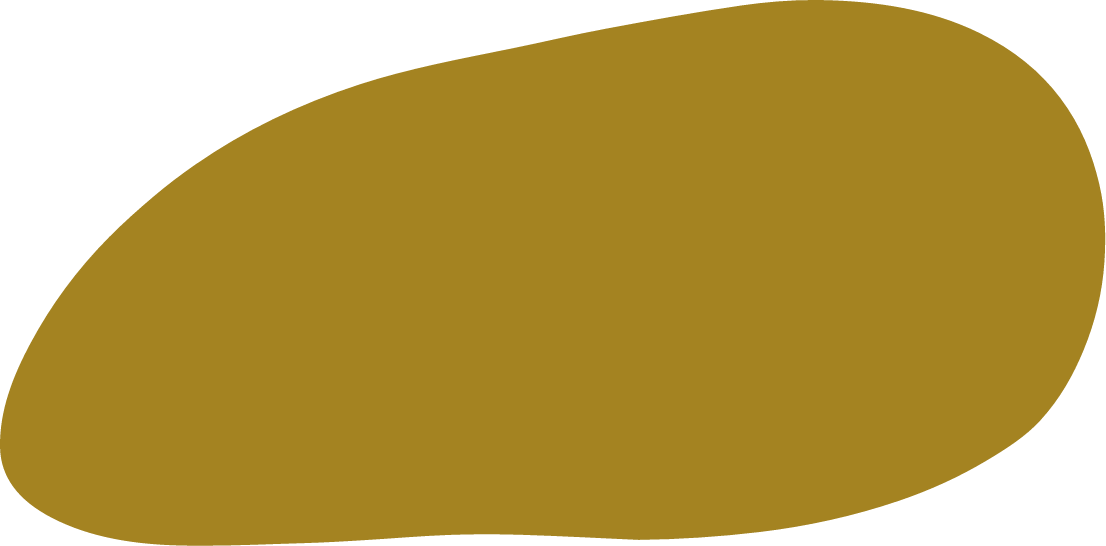Jumana Emil Abboud’s artistic practice involves researching into fairytales, myths, and lullabies cradled by generations of women as a form of remembrance of Palestinian water sources long gone, erased by the occupation. These women, these stories became the care-takers and protectors of landscapes from which they were violently uprooted; carrying them still in their language, their memories, their homes. Although these springs and rivers may have been annexed or dried out, their phantasies have not. The mythical narratives carried within them are suggestive of epic times and a form of resistance: resistance to the shortsightedness of statehood and its exceptions; and more so to an intimate relationship with the land. You don’t sing about a place you don’t love.
Through her research, Abboud has listened softly to the historical undercurrents which are whispered, sung, or performed by those who are least heard (female voices). She carefully intimates who the guardians of these mythical stories of springs, lakes, wells (water sources) are. It is to them that she turns. Sotto voce, tenderly; but if you listen carefully, these stories do not hum. No, their poetry is strong, in unison they roar (yes like the rush of waves on a shore). They also bear in them kernels of hope; the nagging possibility of metamorphosis, of trees, persons ontologically transforming, shape-shifting from spirit to landscape, from inanimate to animate, from running water to stars glittering in the sky. These fables tell of another way of describing landscapes, where geographies are not instrumentalized, where earth and water are not monetized: here, the land and its waters are the spoken words of care.
Shifting landscapes and mutating geographies led Jumana Emil Abboud to broaden her view to include the stories of the Mediterranean; to look into whether tales do flow like rivers that traverse country borders, ignoring the petty constraints of human boundaries. They seem to travel like seeds, blown by winds in myriad directions, altering in accordance with the new roots they grow, adapting to their new geography, flourishing, be it fertile or dry. In these series of drawings, two versions of the same tale intertwine: The Orphan’s Cow and Poulia and Avgerinos. The former is cherished in Palestine; the latter on the other side of the basin, in Greece. Each story has similar fundamentals: a sister and a brother; filial love; and a transformative lake and well; and then, each tongue evolves them differently, adding details, directing meanings towards a different end.
In turn, Abboud likes to re-imagine these time-told stories, drawing them on paper, whilst re-contextualizing them within current contexts, re-writing them for our future, our present, freeing them from their past. Drawing and redrawing them, with a slip of a brush, and a nuance of color, through dynamic repetition, Jumana wistfully offers us these myths as proposals for new readings, future signs.
More so, in the drawings presented, the artist colors with the very symbolic materiality of the land from which her drawings and the stories are inspired. Using self-made paints formed by natural ingredients (pomegranates, sumac, and avocadoes) the drawings both refer to the landscapes from which they are inspired, but are also of that landscape. In the same way that the shell of a pomegranate is bathed in water and reduced to pure pigment, Jumana El Abboud hones in on the sources of stories, refracting them to the very core of their being.
This is the heart of these stories. This is the water from our eyes.












